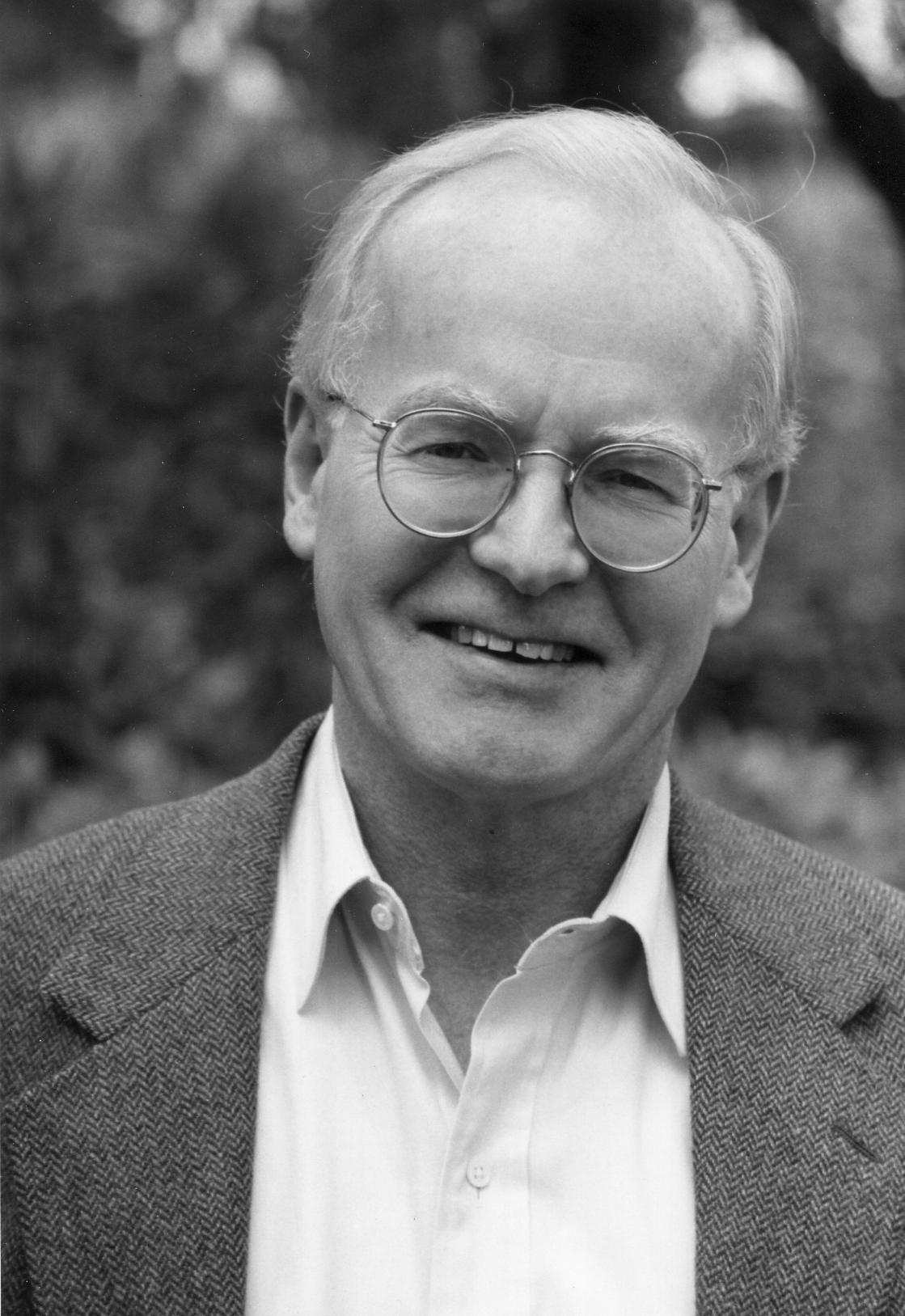
AnthonyFlood.com
Panentheism. Revisionism. Anarchocapitalism.

[link to CV]
From Journal of the American Academy of Religion, 59:1, Spring 1991, 189-90.
Review of Kai Nielsen, God, Scepticism, and Modernity, University of Ottawa Press, 1989.
David Ray Griffin
Kai Nielsen is a prolific essayist: this volume is one of the latest of his collections of essays (all of which except the introduction and the final chapter have been previously published). The title betokens no scepticism about modernity. Rather, Nielsen means to carry forward Enlightenment modernity, especially its critique of religion (which he virtually equates with pre-modernity, although he recognizes that some religious turns might be called postmodern [11]). His main concern is with the biblically-based theistic religions.
The thesis of the volume is that “belief in God in our times is irrational for someone who has both a good philosophical and a good scientific educa-tion” (3). But, as an “analytical Marxist” (229), Nielsen has moral as well as scientific-philosophical arguments for his anti-religious atheism.
Those who have not read Nielsen’s other works will not get a balanced portrayal of his overall argument from the present collection. Some of the steps in it are argued here in great detail, others minimally or not at all. By consulting some of his other works, I have reconstructed his overall argument in terms of the following seven steps:
A. Belief in God is not necessary for morality, and is in fact morally harmful.
B. Belief in God, along with the usually associated life after death, is unnecessary for a meaningful life.
C. Nontheistic accounts of the world are adequate.
D. Natural theology, with its argument for the existence of God, has not succeeded and cannot.
E. Nonanthropomorphic concepts of God are incoherent.
F. Anthropomorphic concepts of God may be coherent, but they are superstitious and plainly false.
G. Concepts of God that are neither incoherent nor anthropomorphic are essentially atheistic.
In the present book one will find significant support for only a small portion of this argument. Nielsen has argued elsewhere at length for theses A and especially B. To my knowledge, C is not, beyond bare assertion, argued anywhere—and yet it needs support if Nielsen is to make good his claim that he is arguing for atheism, not simply against theism (because he needs to show not only that theism is problematic, but that it is more so than atheism). With regard to D, the contention that natural theology has not succeeded is supported simply with a nod to Hume and Kant; the contention that it cannot succeed is based on an argument that the (nonanthropomorphic) concept of God is incoherent, which is thesis E. The bulk of this work, like that of Nielsen’s writings in general, focuses on E, which is employed not only against natural theology but also against “Wittgensteinian theism,” to which more than a third of this book is devoted. Nielsen’s point is that if we cannot give an intelligible account of what we mean by “God,” it makes no sense to accept the reality of God on faith—which seems to me irrefutable. A new and valuable feature of the present work is a refutation of the “parity argument” (3-9).
The problematic feature of Nielsen’s argument is the fact that, for it to provide an effective case against theism, the concepts of God referred to in theses E, F, and G would have to be exhaustive. But they are not. “Nonanthropomorphic” concepts refer to traditional theism while “essentially atheistic” concepts are illustrated by doctrines that equate God with love or moral ideals.
For the categories to be exhaustive, that of “anthropomorphic concepts” would have to refer to everything in between, but in fact it refers only to the crudest ideas—”Zeus-like concepts of God” (2), ideas that speak of God “as if he were some kind of great green bird” (224), or “some sort of cosmic Mickey Mouse” (other writings). Accordingly, the ideas of most nontraditional theists, such as Pfleiderer, James, Tennant, Whitehead, and Hartshorne (who all agree that traditional theism is incoherent), are not encompassed. Nielsen’s argument against theism is, accordingly, as incomplete as his argument for atheism.
Posted March 8, 2008
Back to David Ray Griffin Page